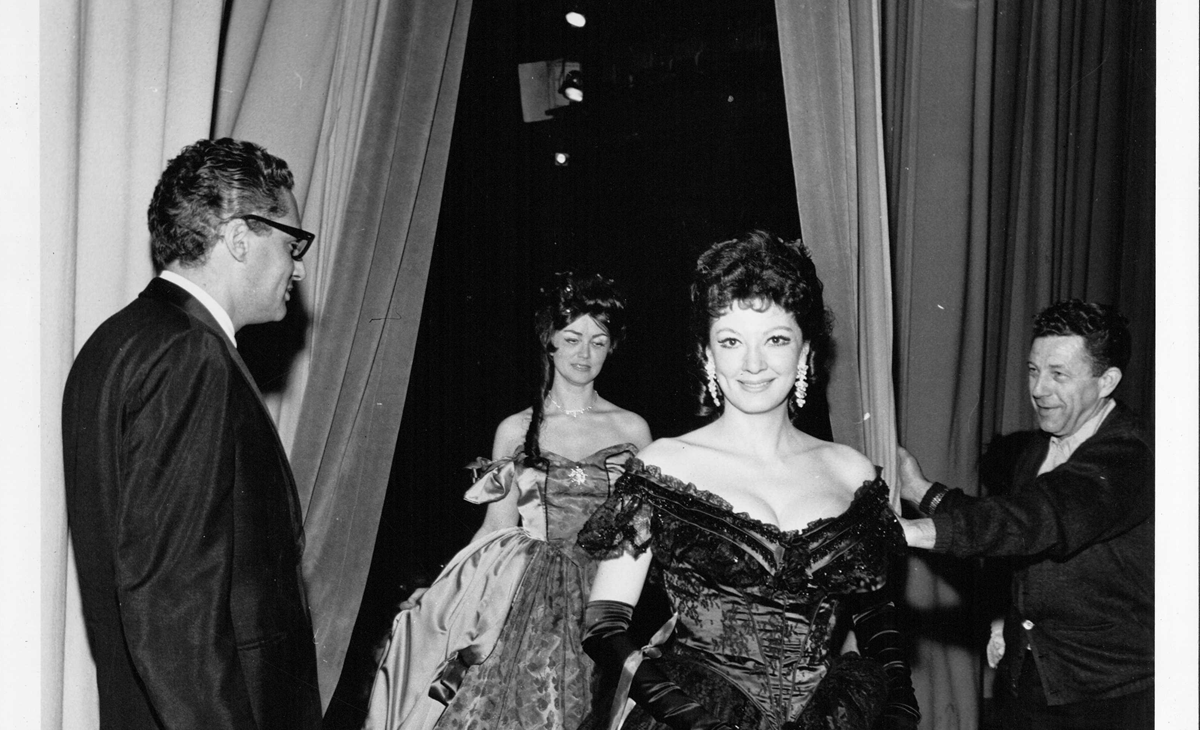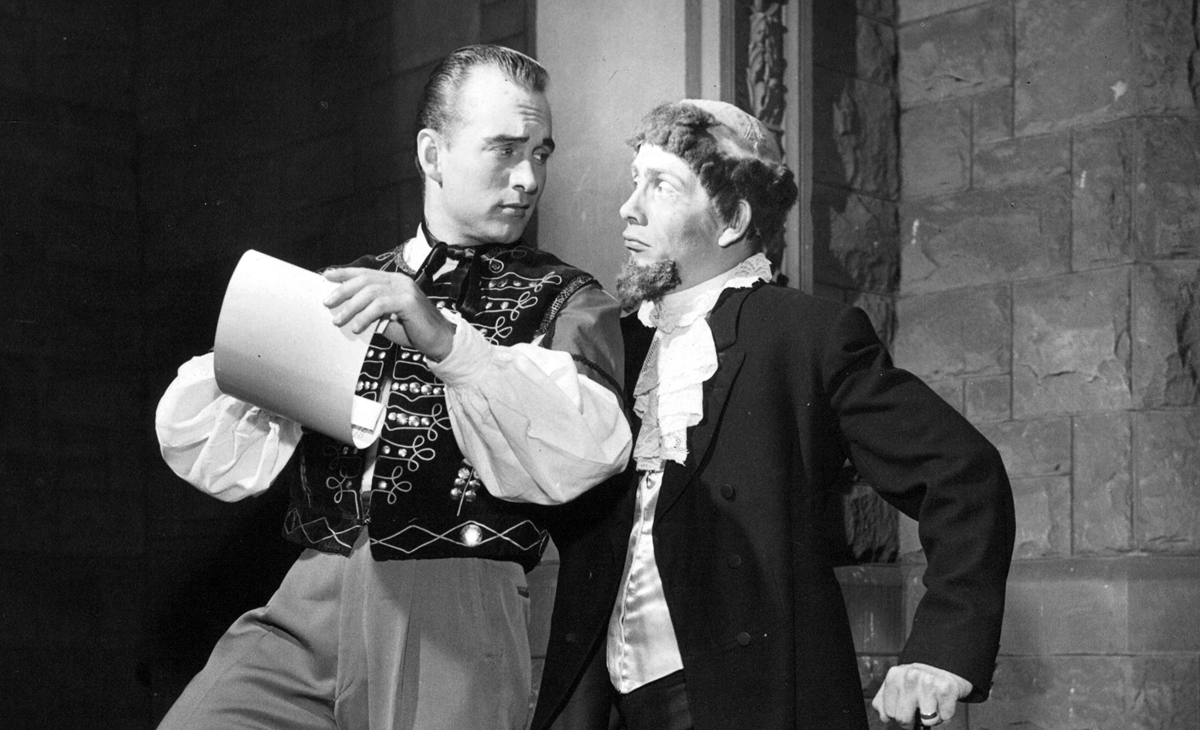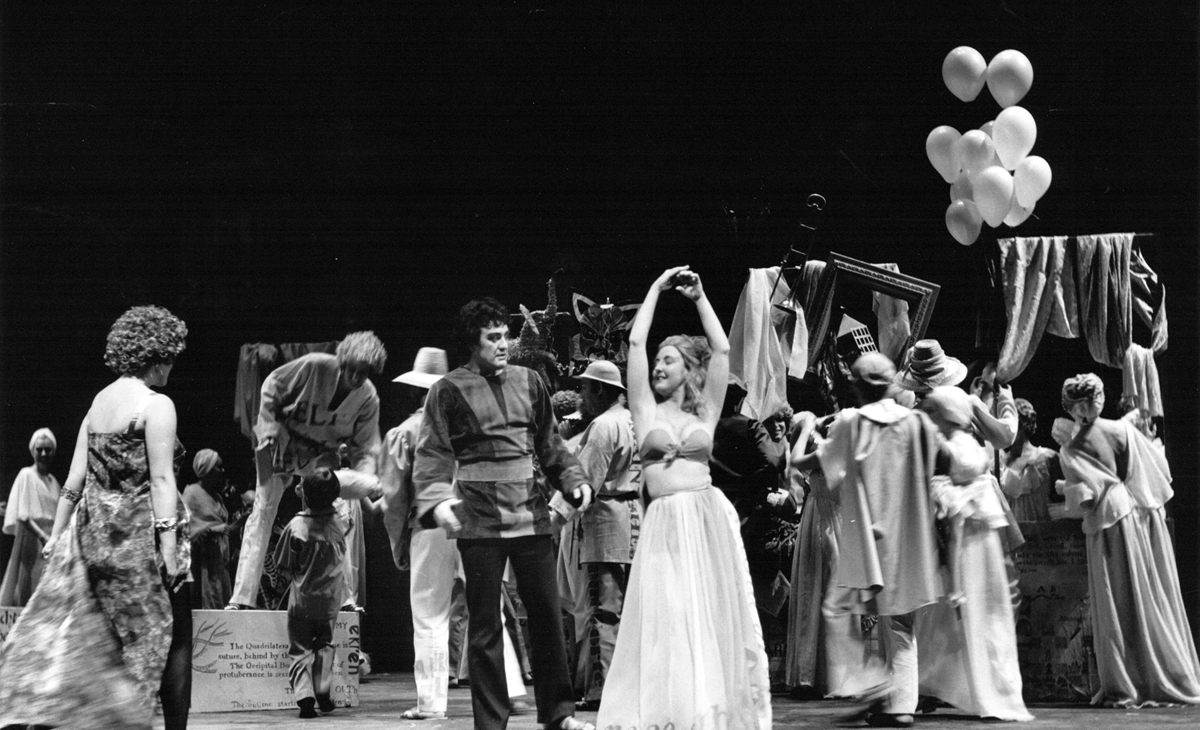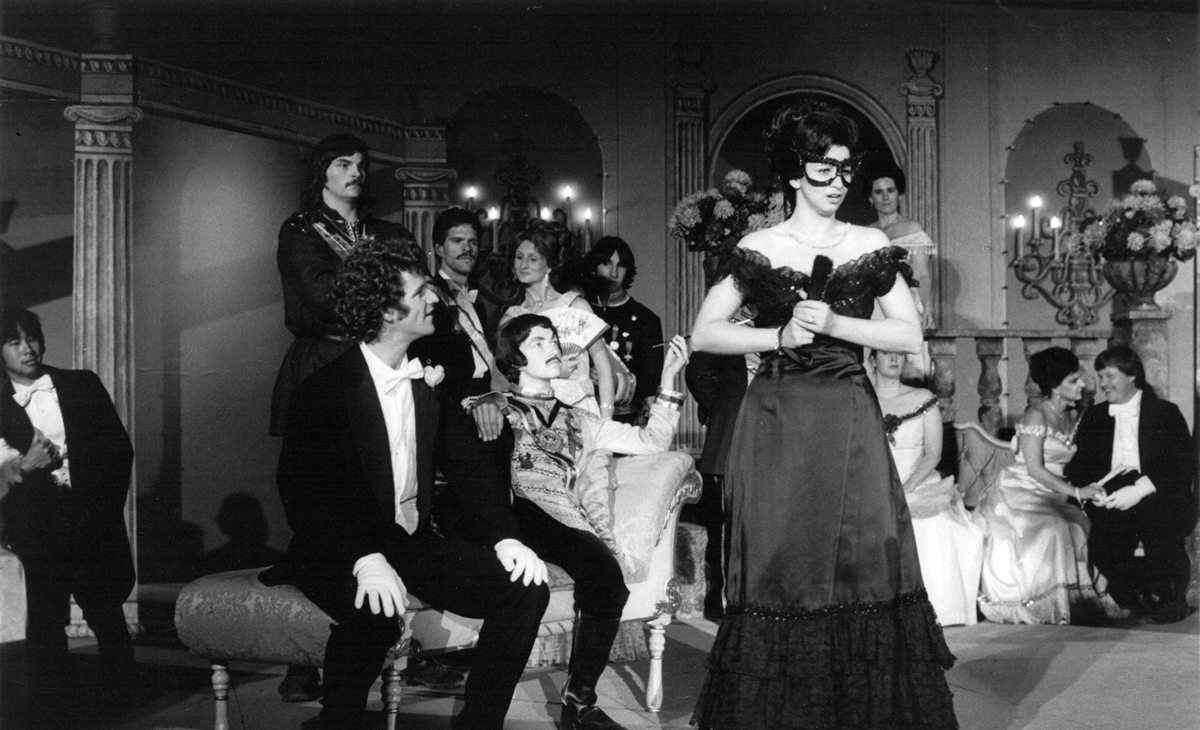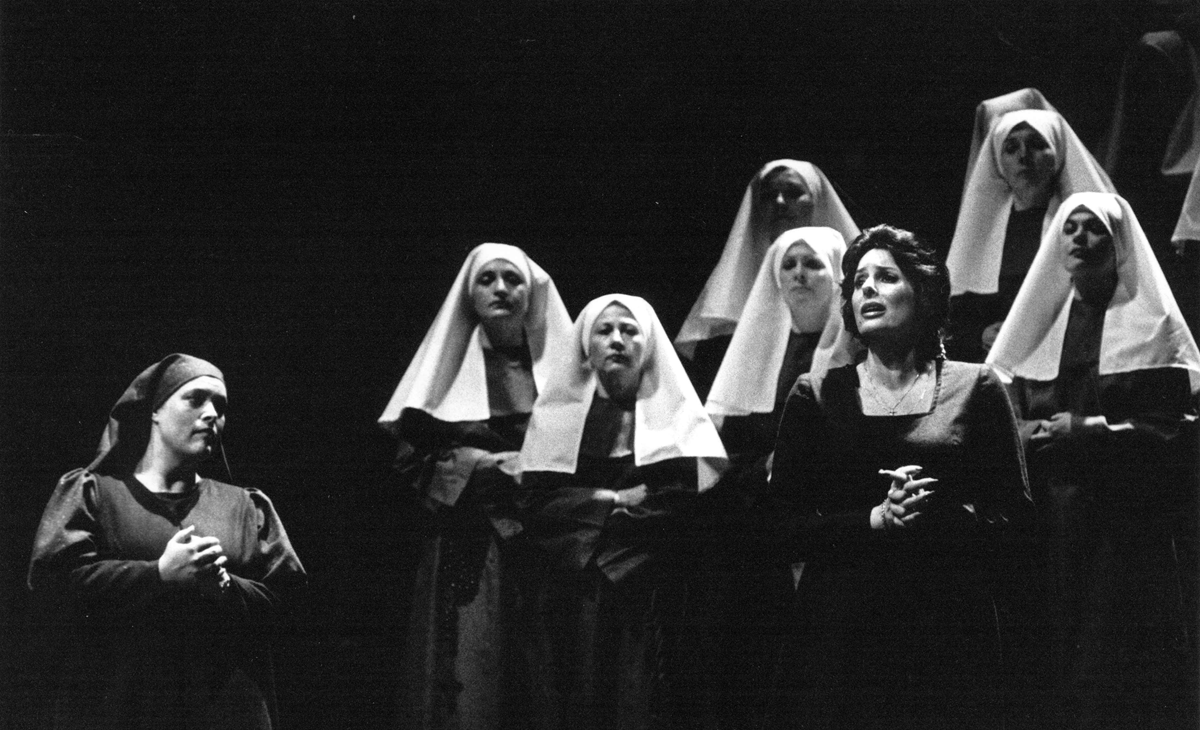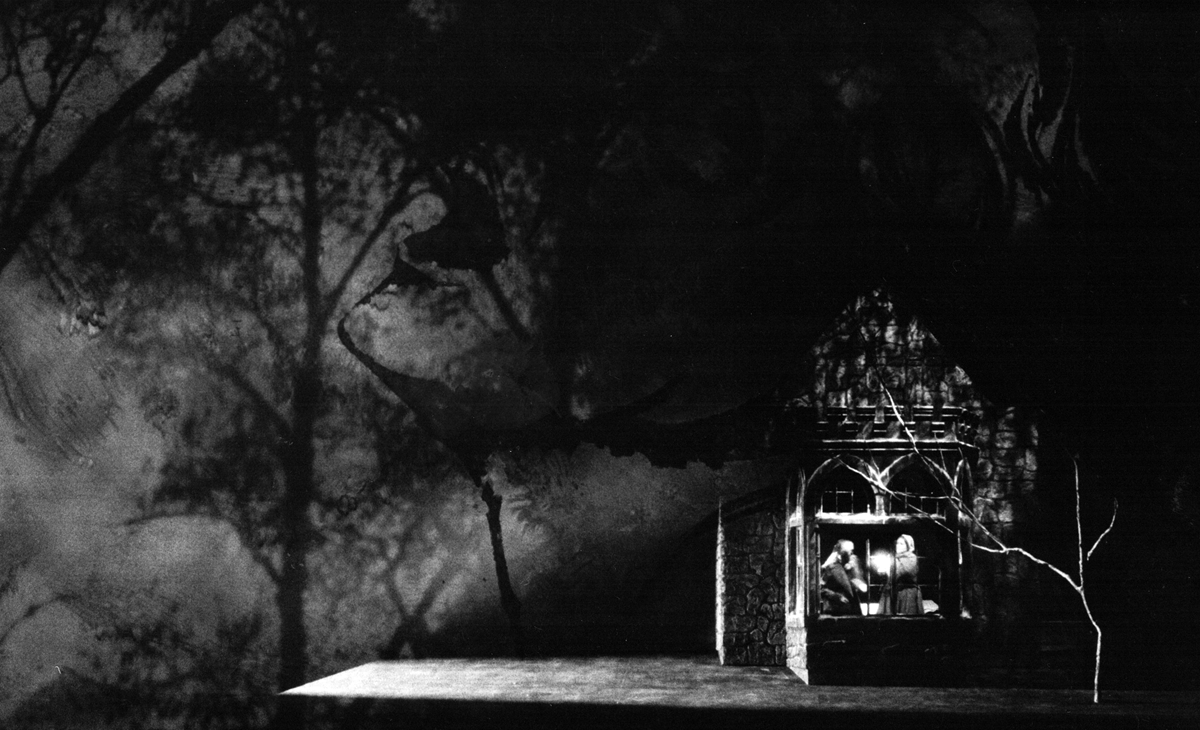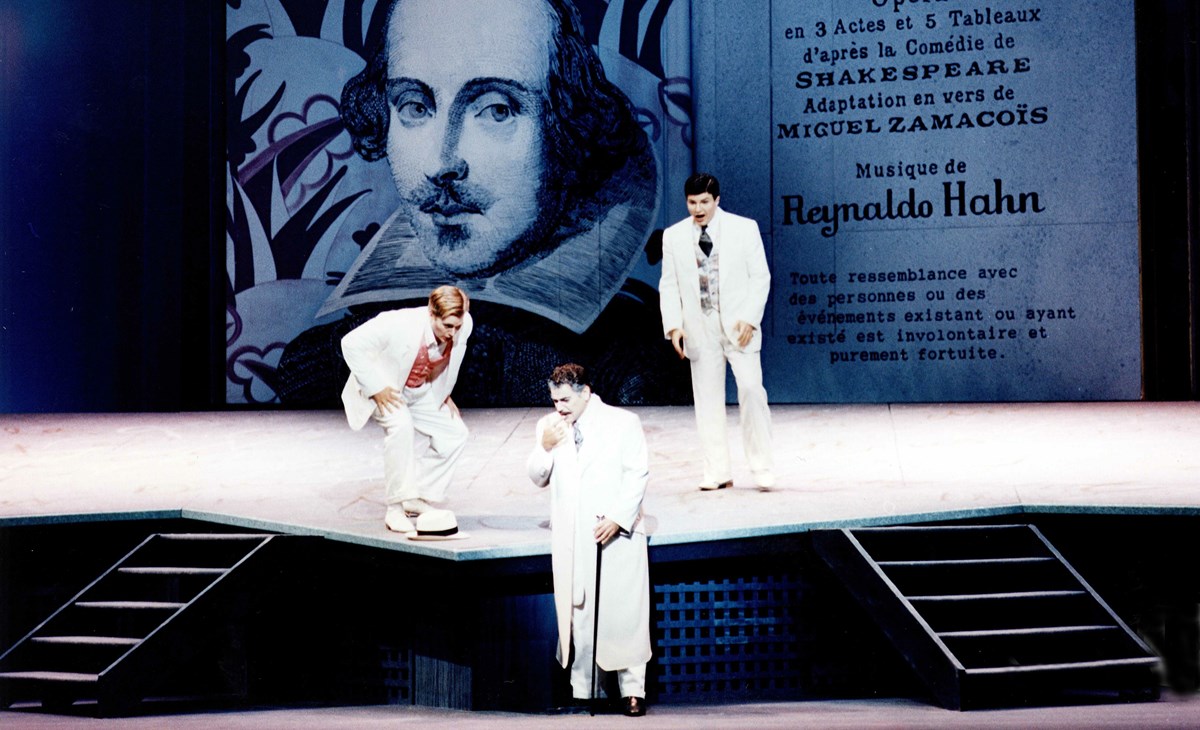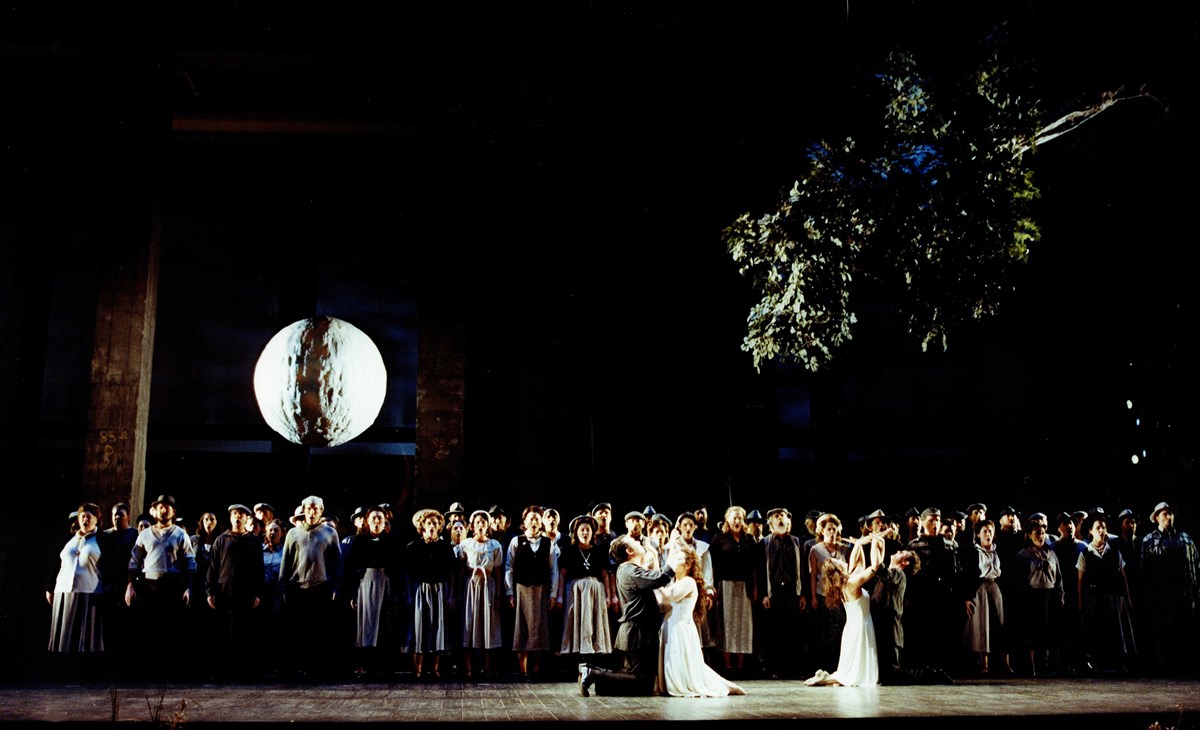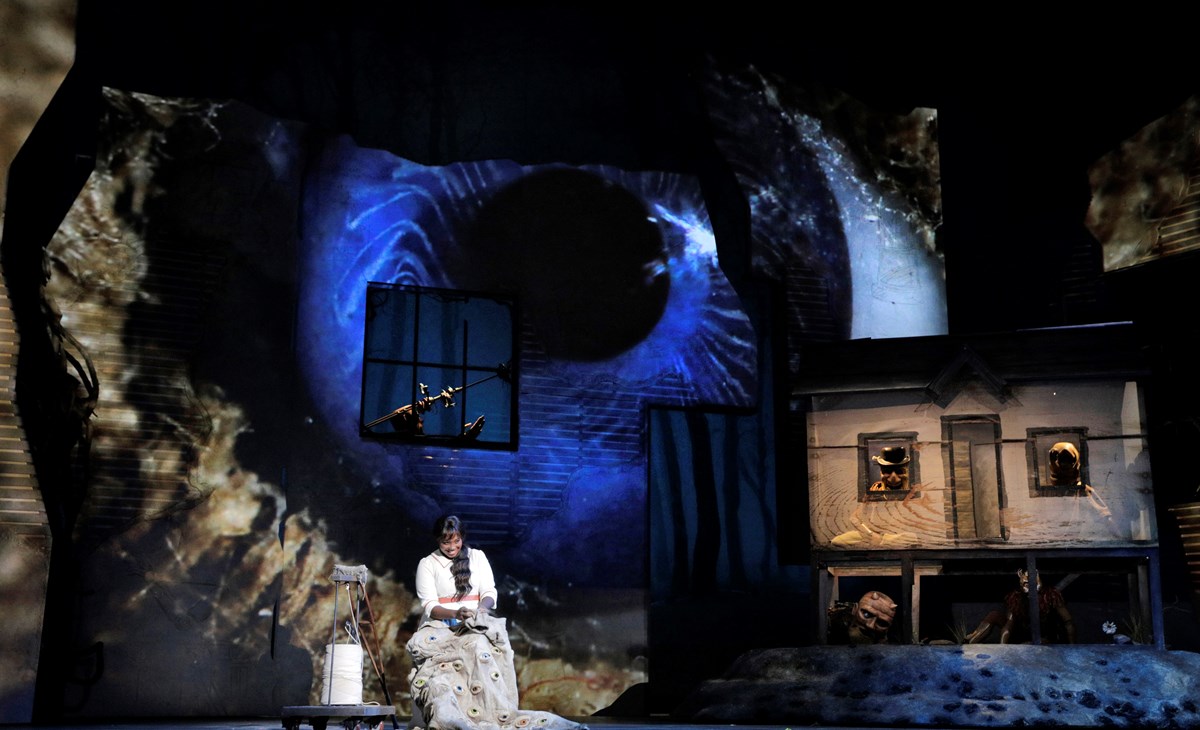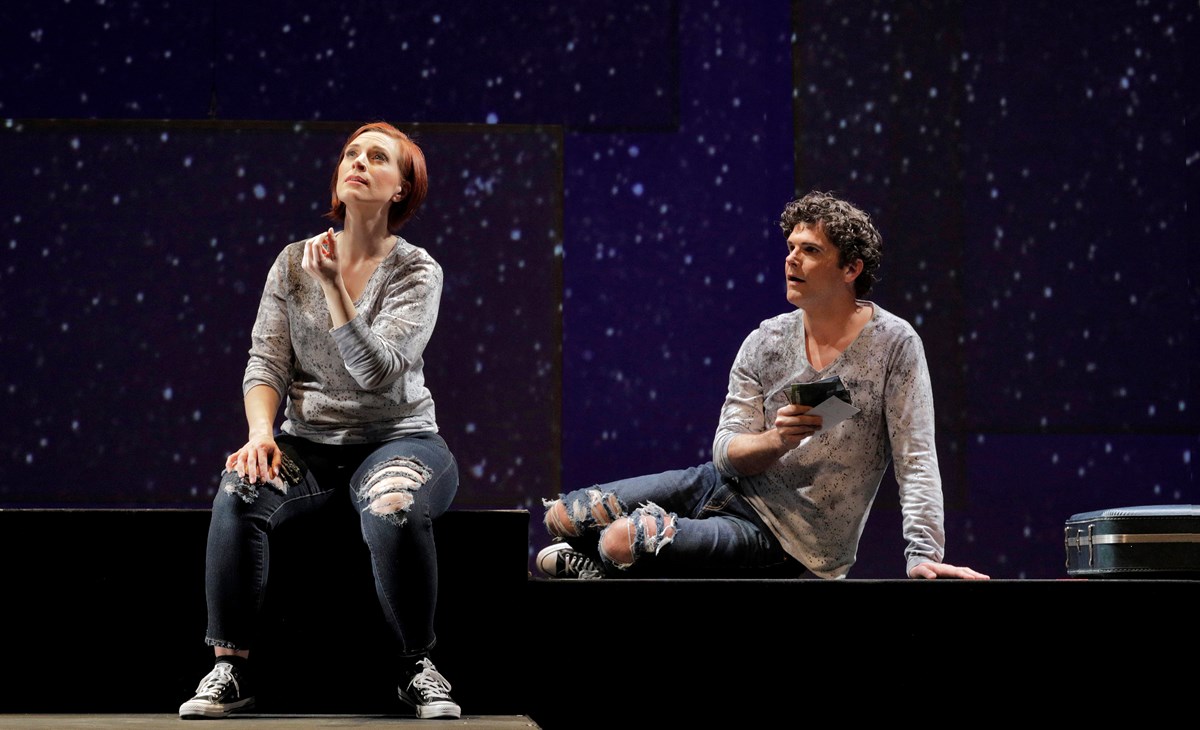We are developing a Cultural Equity Plan for Portland Opera that will be our road map to actively confront and dismantle white supremacy, patriarchy, and exclusion in our company, field, and community. We commit to being inclusive and strive every day to be an anti-racist organization. This commitment has not always been present at Portland Opera, and we believe that is important to acknowledge the pain that our company has caused, especially to BIPOC individuals, as we consider the history of Portland Opera, and endeavor to build an equitable, inclusive, and diverse company for the future.
Portland Opera's Cultural Equity Planning committee, comprised of current staff and board members, is also engaged in a process to develop an accountability action statement for Portland Opera that recognizes that "the Portland Metro area rests on traditional village sites of the Multnomah, Wasco, Cowlitz, Kathlamet, Clackamas, Bands of Chinook, Tualatin, Kalapuya, Molalla and many other tribes who made their homes along the Columbia River creating communities and summer encampments to harvest and use the plentiful natural resources of the area" (Portland Indian Leaders Roundtable, 2018), and articulates actions that Portland Opera will take to respectfully support and celebrate Indigenous knowledge and culture—particularly in traditions of stories, teachings, and songs.
Learn more about our Cultural Equity work.

